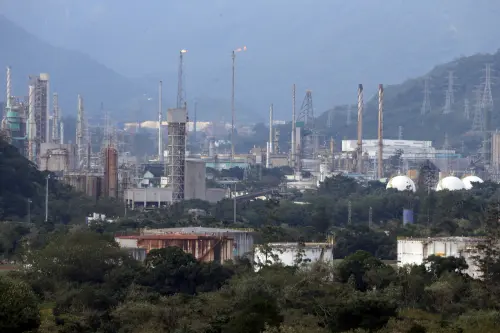Introduction
Brazil's industrial production unexpectedly declined in February, marking the fifth consecutive month of negative results amidst concerns about an economic slowdown.
Context
Industrial output in the country slipped 0.1% from January, according to the government statistics agency IBGE, while economists had anticipated a 0.4% growth. High interest rates, driven by the central bank's aggressive monetary tightening to combat inflation, have contributed to the industry's struggles.
Developments
Although the sector had a strong performance in early 2024, it has lost momentum, with output down 1.3% over the last five months, wiping out previous gains. IBGE pointed to:
- Decreased confidence among consumers and businesses
- High borrowing costs
- Persistent inflation
- A depreciation of the Brazilian real, which raised production costs
Two of the four main categories studied showed a drop in output, with the production of durable goods leading the decline at 3.2%. Year-over-year, industrial production did grow by 1.5%, but this was below the 2.1% increase expected by economists in the Reuters poll.
Flavio Serrano, chief economist at Banco BMG, noted that the data supports the view of weak domestic demand, particularly in household consumption, citing the negative impact of high interest rates and inflation on spending decisions. He expects the cooling trend to persist and intensify in the latter half of the year.
Last month, Brazil's central bank raised interest rates by 100 basis points for the third consecutive time to 14.25%, maintaining previous guidance and indicating a smaller hike is likely in May.
Conclusion
In conclusion, the decline in Brazil's industrial production highlights significant challenges in the economy, particularly concerning consumer confidence and spending. With rising interest rates and inflation pressures, the future trajectory of the industrial sector will be crucial for economic recovery.
